Why MCM?
- The first and most established media course in Singapore that is highly regarded by the industry
- Broad-based curriculum with real-world exposure that trains you to become a versatile multi-platform media practitioner equipped with next-gen digital skills
- Gain essential skills in integrated marketing communications through multidisciplinary projects and mentorship in the new Media Forge Programme NEW
- Get career-ready with the one-year Industry Immersion Programme*
, and work with
top partners in media and beyond NEW
* For selected students only
About MCM
Master the craft of creating compelling content.
Develop media savvy skills to navigate multiple
platforms. With the Diploma in Mass Communication
(MCM) – Singapore’s most established and well-loved
media & communications course – you will learn to
spotlight important topics, create engaging brand
stories, and influence audiences far and wide.
With a broad-based curriculum that spans journalism,
integrated communications, advertising, public
relations, and radio, TV & social media production, you
will be well prepared for the dynamic and multi-faceted
communications industry!
Gain essential skills in content marketing, market
research, user experience design, and multi-platform
journalism. You will also explore advanced technologies
like Gen AI and data analytics tools, sharpening your
ability to craft trend-driven stories and marketing
strategies.
In your second year, as part of the Media Forge
Programme, you will work on large-scale, multidisciplinary
media projects aimed at deepening your understanding
of integrated marketing communications. From creative
conceptualisation to strategic media planning, you will
benefit from the expertise of industry mentors and gain
real-world experience.
Build an outstanding portfolio with our strong media industry connections, offering a variety of learning opportunities.
In your final year, you can choose the one-year Industry Immersion Programme* to hone your skills while working with leading
industry partners from both media and non-media sectors. Alternatively, you can pursue internships at well-known media companies or work on capstone projects from our in-house units such as Radio Heatwave and Writer’s Room.
With
the rise in multi-platform digital content consumption, MCM’s new signature Industry Fellows Programme connects students with industry professionals from Mothership, OCBC, Singtel, 987FM, Clarity, Distilleri and many more. This programme brings
real-world experience into the classroom, helping students develop valuable work-related skills and knowledge.
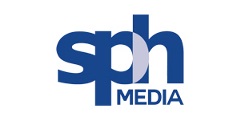
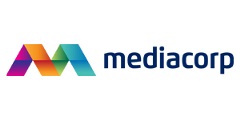
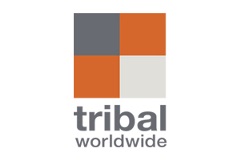
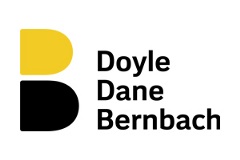
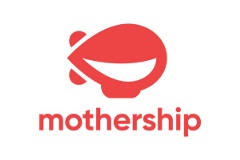
You may also get to go on an exciting overseas internship, where you will gain exposure to regional and international media developments and work with top talents from all over the world.
Overview of Your MCM Journey
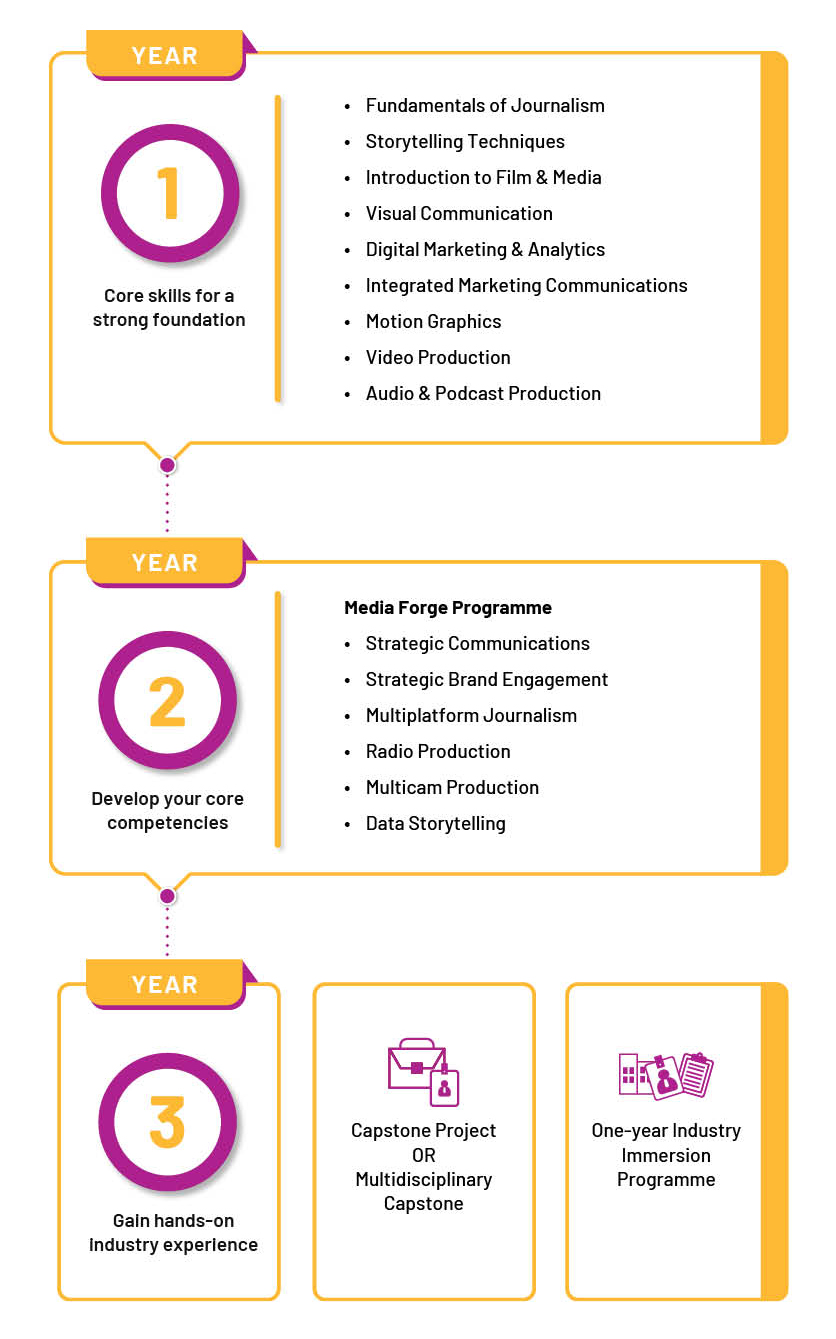
Further Studies
With a broad-based MCM diploma, you can pursue degrees in many fields such as arts and social sciences, business, media and communications, design, journalism, public relations and psychology. All local and many top foreign universities, including University of Melbourne, offer our graduates credit exemption for related degrees.
The following are just a few of our many graduates who have secured scholarships for their university education:
Careers
Specialists in media and communications are highly sought after at the workplace today, where the effective communication of one’s brand is essential for success. With well-rounded skill sets acquired through the MCM course, you can look forward to pursuing careers in these roles in the media and communications industry upon graduation:
- Advertising Executive
- Content Producer
- Corporate Communications Executive
- Journalist
- Marketing Communications Specialist
- Producer
- Presenter
- Public Relations Specialist
- Research Executive
- Social Media Content Specialist
- Sub-Editor
- UI/UX Designer
- UX Writer
Entry Requirements
AGGREGATE TYPE ELR2B2-A
To be eligible for consideration, candidates must have the following GCE ‘O’ Level examination (or equivalent) results.
| Subject | 'O' Level Grade |
|---|---|
| English Language | 1-4 |
| Additional Mathematics/Mathematics | 1-7 |
| Any one of the 1st group of Relevant Subjects for the ELR2B2-A Aggregate Type | 1-6 |
Applicants must also fulfil the aggregate computation requirements for the ELR2B2-A Aggregate Type ( English Language, 2 relevant subjects and 2 other best subjects) listed at www.np.edu.sg/docs/ELR2B2.pdf.
For students with other qualifications, please refer to the NP website for the entry requirements and admissions exercise period.
What You Will Learn
Storytelling Techniques (3 Credit Units)
This module enables students to be able to identify and tell a good story - across multiple media channels and platforms - to engage emotionally with an audience. Through the module, students will be taught the tools to effectively ideate compelling story
and content ideas and efficiently craft considered and professional written treatments and proposals, with which to present their content and engage audiences across media platforms.
Video Production (4 Credit Units)
This is a foundation module introducing students to single-camera video production. The module gives students hands-on experience with pre-production planning, single-camera operation, location lighting, grip work, sound recording and non-linear video
editing. Students will gain an understanding of moving images and be able to combine them with simple soundtracks to create compelling content.
Introduction to Film & Media (4 Credit Units)
This module examines multi-platform content and the digital platforms and technologies by which the content is delivered (virtual conferences, streaming, blogs, social media, online videos, immersive experiences). Students will appreciate and analyse
a variety of media with different perspectives based on multiple platforms to reach an audience. By the end of the module, students will become more literate “produsers” and critics of multi-platform media today.
Motion Graphics (4 Credit Units)
This module gives students hands-on experience in creating motion graphics for digital media. Students will be taught skills such as visual design and the creation of computer-generated graphics in service of multi-platform commercial media productions
(video, immersive media, social media, etc).
Integrated Marketing Communications (4 Credit Units)
This module is designed to introduce students to the basic principles and concepts of marketing communications. The main emphasis of this module is the ‘Promotion’ aspect of marketing. Students will learn about marketing and how its promotional
elements must be integrated to communicate effectively. Students will apply basic skills in research and market analysis to plan and develop a marketing communications campaign.
Career & Professional Preparation 1 (1 Credit Unit)
This module gives students a foundational introduction to their three-year diploma course curriculum and how it prepares them for industry. It will help them to embark on their course with the end in mind, through guided reflection of their personal characteristics
and producing an overall game plan for heir their future education and career goals. The module aims to deepen students’ commitment to the sector that the course prepares them for.
Health & Wellness^ (1 Credit Unit)
This is a Level 1 Core module for all Year 1 students. The module will introduce students to the importance of maintaining both physical and mental health through the knowledge and monitoring of health indicators, and application through appropriate exercises. The aim of the module is to empower students with basic knowledge and skills to be independent and responsible in maintaining overall personal health.
English Language Express^* (Credit Units - NA)
English Language Express aims to give you a better grounding in the English Language and to strengthen the written and oral communications skills that you will need in your academic and professional careers. You will be engaged in writing, reading, listening and speaking activities that will develop your ability to speak and write grammatically, coherently and clearly. You will also hone your reading and listening comprehension skills.
^ Critical Core modules account for 10 credit units of the diploma curriculum. They include modules in innovation and world issues, as well as an interdisciplinary project. By bringing students from diverse diplomas together, the interdisciplinary project fosters collaboration to explore and propose solutions for real-world problems. NP aims to develop students to be agile and self-directed learners, ready for the future workplace.
^* For selected students only.
Visual Communication (4 Credit Units)
This module aims to develop an awareness of design principles for the purpose of visual communication. Students will be introduced to design thinking, graphic design concepts, colour theory, typography and layout techniques applicable to print and digital mediums by manipulating vectors with raster imagery. The skills and knowledge acquired provides the support and practical applications to subsequent modules in the course.
Fundamentals of Journalism (4 Credit Units)
This module is an introduction to journalistic writing. It will focus on key concepts such as generating story ideas, news angles and story structures. Students will learn interviewing techniques for various scenarios and the importance of research and fact-checking.
Audio & Podcast Production (4 Credit Units)
Students will develop fundamental listening, writing and audio production skills. They will gain hands- on experience in the audio production studio, and be introduced to the recording and editing process, and the use of portable digital recorders. Students will also learn up-to-date digital audio editing techniques in line with industry standards.
Contemporary Media Issues (4 Credit Units)
This module engages students in examining media issues and practices in society with references to media concepts that focus on analysis of media content production and distribution, the application of psychology and ethics to the media environment. It aims to sensitise and engage students to critically analyse and evaluate a range of media issues, and their implications within and across countries.
Digital Marketing & Analytics (4 Credit Units)
This module aims to equip students with the strategic frameworks and tactical know-how that synergises various tools and platforms to implement an integrated digital marketing campaign. Students will learn research and data collection techniques that turn audience and customer behaviour into actionable data for campaign decision-making. They will learn to unlock the potential of social media platforms using both paid and organic strategies, e-mail marketing, website marketing, location-based services and other media platforms and technologies to reach audiences in a holistic fashion. These will enable them to strategically read market sentiment for products and services, drive advertising and public relations campaigns seamlessly, build brand loyalty, and engage target audiences at all stages of the customer journey.
Confident Communication: Find Your Voice (VOICE)^ (3 Credit Units)
The VOICE module aims to empower students to become thoughtful and confident communicators able to tailor a message to suit audience, purpose and context. Students will learn how to use storytelling structures and techniques, persuasive strategies and effective visuals to connect meaningfully with their audience. Through a personalised growth plan, the module encourages students to reflect, set goals and take ownership of their growth and development as communicators. The module employs engaging teaching strategies such as games, thinking routines, masterclasses and workshops, and a celebratory showcase festival at the end to make learning fun and exciting.
^ Critical Core modules account for 10 credit units of the diploma curriculum. They include modules in innovation and world issues, as well as an interdisciplinary project. By bringing students from diverse diplomas together, the interdisciplinary project fosters collaboration to explore and propose solutions for real-world problems. NP aims to develop students to be agile and self-directed learners, ready for the future workplace.
Strategic Communications (10 Credit Units)
Participants will emerge with a comprehensive understanding of how to leverage brand storytelling, PR, and content marketing synergistically to elevate brand awareness, foster audience engagement, manage strategic communications to stakeholders and drive business growth in the digital age.
Data Storytelling (4 Credit Units)
In an era where data drives decision-making, the ability to tell compelling stories with data is a vital skill. This module equips students with the tools to transform raw data into impactful narratives. Students will learn to sift through datasets to uncover potential angles and insights, mastering the art of concise writing, and crafting engaging visuals, videos, motion graphics, and interactive charts. Throughout the module, students will tackle pertinent issues such as social sustainability, applying their skills to create stories that not only inform but inspire action. By the end of the course, students will be proficient in creating data-driven stories that resonate with diverse audiences, driving home the importance of their message with clarity and creativity
Radio Production (5 Credit Units)
Students will expand and refine their audio production skills as well as their radio DJ on-air presentation skills. They will explore digital production and editing, practise content research and interview techniques, and write for various types of radio programmes. Students are also taught how to manage panel discussions, talk shows, phone-in segments and "live" radio presentations.
World Issues: A Singapore Perspective^ (2 Credit Units)
This module will expose you to a wide range of global issues viewed and discussed in the context of Singapore as a nation state. You will be guided to critically examine current affairs from various perspectives and develop an appreciation of the dynamism behind real world problems and possible solutions. The intent of this module is to develop thinking students with well-considered perspectives who are able to articulate reasonable opinions, make thoughtful decisions and informed choices as active citizens in society. You will also be exposed to a multidisciplinary approach in the mitigation of global challenges and thus be adequately prepared to handle the Year 3 interdisciplinary project – Project ID.
^ Critical Core modules account for 10 credit units of the diploma curriculum. They include modules in innovation and world issues, as well as an interdisciplinary project. By bringing students from diverse diplomas together, the interdisciplinary project fosters collaboration to explore and propose solutions for real-world problems. NP aims to develop students to be agile and self-directed learners, ready for the future workplace.
Strategic Brand Engagement (10 Credit Units)
This module is designed to equip participants with the knowledge and skills necessary to develop effective integrated campaigns across diverse platforms and markets. In today's interconnected world, user-centric design is paramount for the success of products, services, and experiences. This module equips participants with the knowledge and skills needed to design engaging and impactful experiences through creative strategy and campaigns.
Multicam Production (5 Credit Units)
This module is a continuation of Video Production that is designed to help students acquire skills and techniques in both multi-camera studio and single camera production to produce programmes in various genres. Students learn and explore different treatments for content to be re-purposed for TV and multiple media platforms to engage different audiences.
Multiplatform Journalism (4 Credit Units)
This module delves into the evolving landscape of journalism, equipping students with the skills needed to gather, create, and distribute news across multiple platforms. From traditional media like print and broadcast to digital channels such as social media, websites, and podcasts, students will explore the unique characteristics and demands of each medium. The course builds upon the fundamentals of news gathering, verifying sources, and ethical reporting while emphasizing the importance of adapting content to suit different audiences and platforms.
Career & Professional Preparation 2 (2 Credit Units)This module is part of the Education and Career Guidance framework to provide students with the tools and resources necessary for their further career and/or education. In this module, students will explore basic job search strategies, practise writing effective resumes and cover letters, and learn interview skills. Students will also learn professional and intercultural communication skills to prepare them for a dynamic and diverse workplace.
Capstone Project (10 Credit Units)
Using the conceptual and applied knowledge learnt in Year 1 and 2, students hone and integrate their skills through managing and operating our flagship units such as HYPE, The UrbanWire, Radio Heatwave, CTV Productions, Inspire Design, Metamorphica and/or working with external clients on real-time projects. Opportunities include:
- Strategising and planning an integrated brand communications campaign for a selected client
- Using data insights to position and produce news and other programmes for different target audiences and across platforms
- Producing engaging multimedia stories, photo essays and mobile specials for clients
- Creating animated videos, digital posters, interactive websites or content for social networks
All projects will provide students with hands-on experience in incorporating various skills, platforms and mechanisms to achieve the desired impact in the marketplace.
Industry Immersion Programme I (10 Credit Units)Students who prefer more working experience can opt for this programme, allowing them to work for one year with our partner organisations such as Mediacorp, SPH Media, Singtel, Mothership and The Smart Local.
Project ID: Connecting The Dots^ (4 Credit Units)
^ Critical Core modules account for 10 credit units of the diploma curriculum. They include modules in innovation and world issues, as well as an interdisciplinary project. By bringing students from diverse diplomas together, the interdisciplinary project fosters collaboration to explore and propose solutions for real-world problems. NP aims to develop students to be agile and self-directed learners, ready for the future workplace.
Internship (Local/Overseas) (16 Credit Units)
Students will be placed on an internship with companies and agencies matching their abilities and interests. The internship gives students opportunities to apply their acquired knowledge and skills to the work environment. Students gain valuable work experience and exposure to the rigour, demands and excitement of the media industry, enabling them to adapt effectively to future employment. Many of our students are offered employment by these same companies.
Industry Immersion Programme II (16 Credit Units)
Students who prefer more working experience can opt for this programme, allowing them to work for one year with our partner organisations such as Mediacorp, SPH Media, Singtel, Mothership and The Smart Local.





